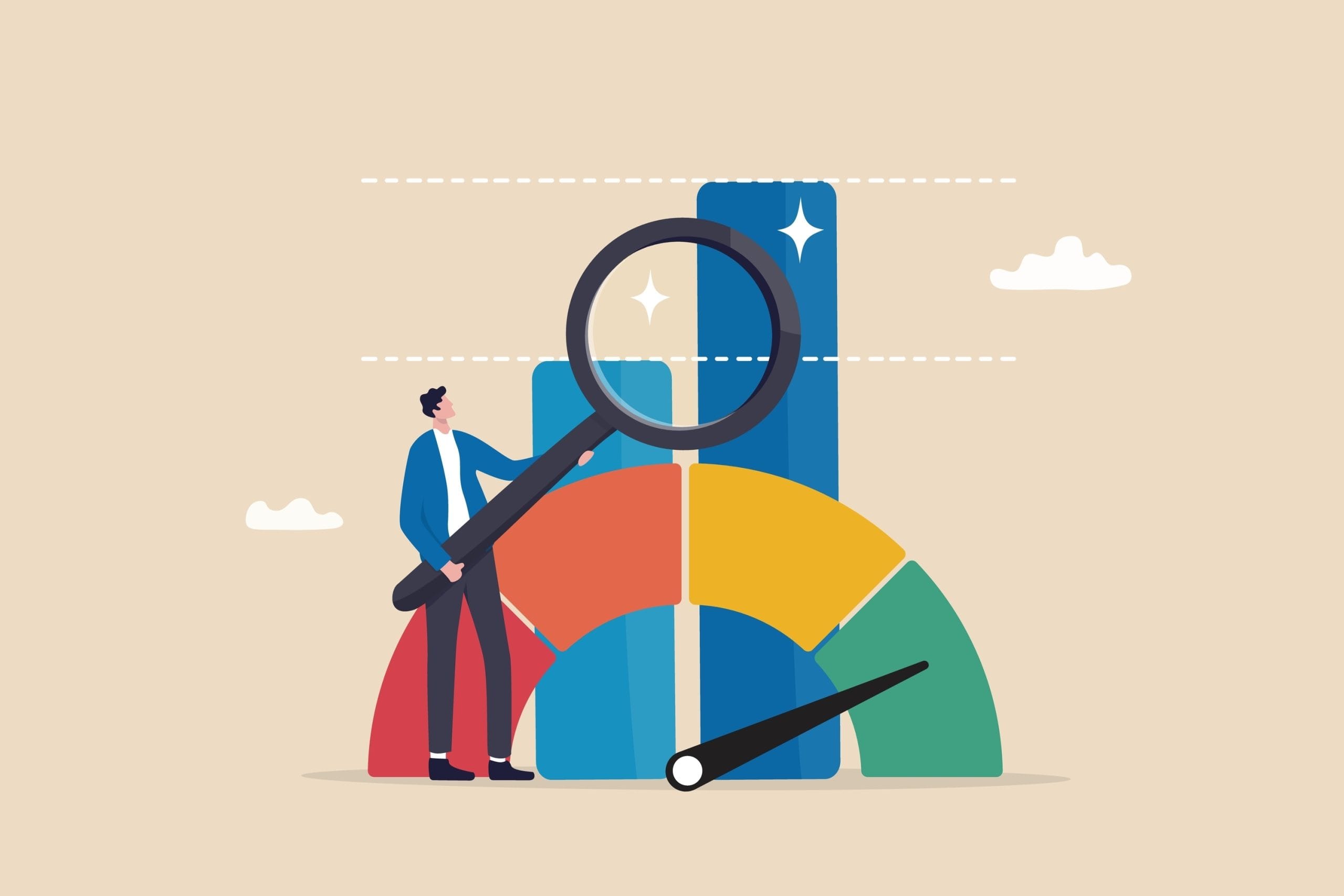
Many people look to self-employment to gain control of their career, set their own schedule and choose the people they work with on their own terms.
Success in self-employment begins with taking the right legal steps and creating a business that continues to grow over time.
Self-employment does not mean that you are on your own and with expert guidance, you can create a business plan that looks to the future.
Self-employment offers several financial benefits, including the effective rate you will be taxed at, which is 17 per cent in 2025-26 in comparison to employees’ 27 per cent.
Even at the start of self-employment when you may be earning less, you will still receive tax advantages and only have to pay National Insurance Contributions (NIC) on earnings over £12,570.
Self-employment allows you to gain greater control over managing your tax and cash flow, as you do not get taxed on every pay cheque, but receive two bills twice a year on 31 January and 31 July instead.
However, the sooner you submit your returns, the longer you have to pay your bills and as a self-employed individual, you can file for your self-assessment tax return any time after April 6.
Early filing will not only improve financial planning and budgeting, but it also allows you to split the cost as much as you like and receive quicker tax refunds.
When choosing the right type of self-employment for you, reviewing how this affects your tax obligations, access to funding and the amount of risk you take is important.
Within the first three months of starting your business, you must register for self-assessment with HM Revenue and Customs (HMRC).
It is advised to start as a registered sole trader, which is the simplest business form and allows you to keep all the profits after tax.
If your business starts to grow, you can later move into a more advanced business structure, such as a limited company, which separates your business as a legal entity and offers greater financial protection.
When you make that decision to become a limited company, it is important to register with Companies House, submit annual accounts and pay Corporation Tax on profits.
If you are going into business with others, you might consider a partnership where profits and losses are shared among partners, who each pay their own tax and National Insurance.
Separating your business from your personal finances can also help you when becoming self-employed, as with Limited Liability Partnerships (LLP), you can protect your personal assets from business debts.
It can be overwhelming trying to figure out what business structure suits you, but reaching out for expert guidance can help you understand the benefits better.
When wanting to take those steps into self-employment, our expert team can help inform you on the best possible approach and initiatives to get you started.
The Government offer several schemes to help the self-employed and small businesses, such as start-up funding and mentoring through programmes like The King’s Trust.
Receiving financial advice is not only important in the beginning, but throughout your career as you take those steps into different business structures and strive for long-term growth.
We will guide you on how to operate as tax-efficiently as possible to minimise tax liability and maximise your take-home pay.
Self-employment is not always a guaranteed success, but for those who seek professional advice and plan carefully, it can offer personal freedom and career growth.